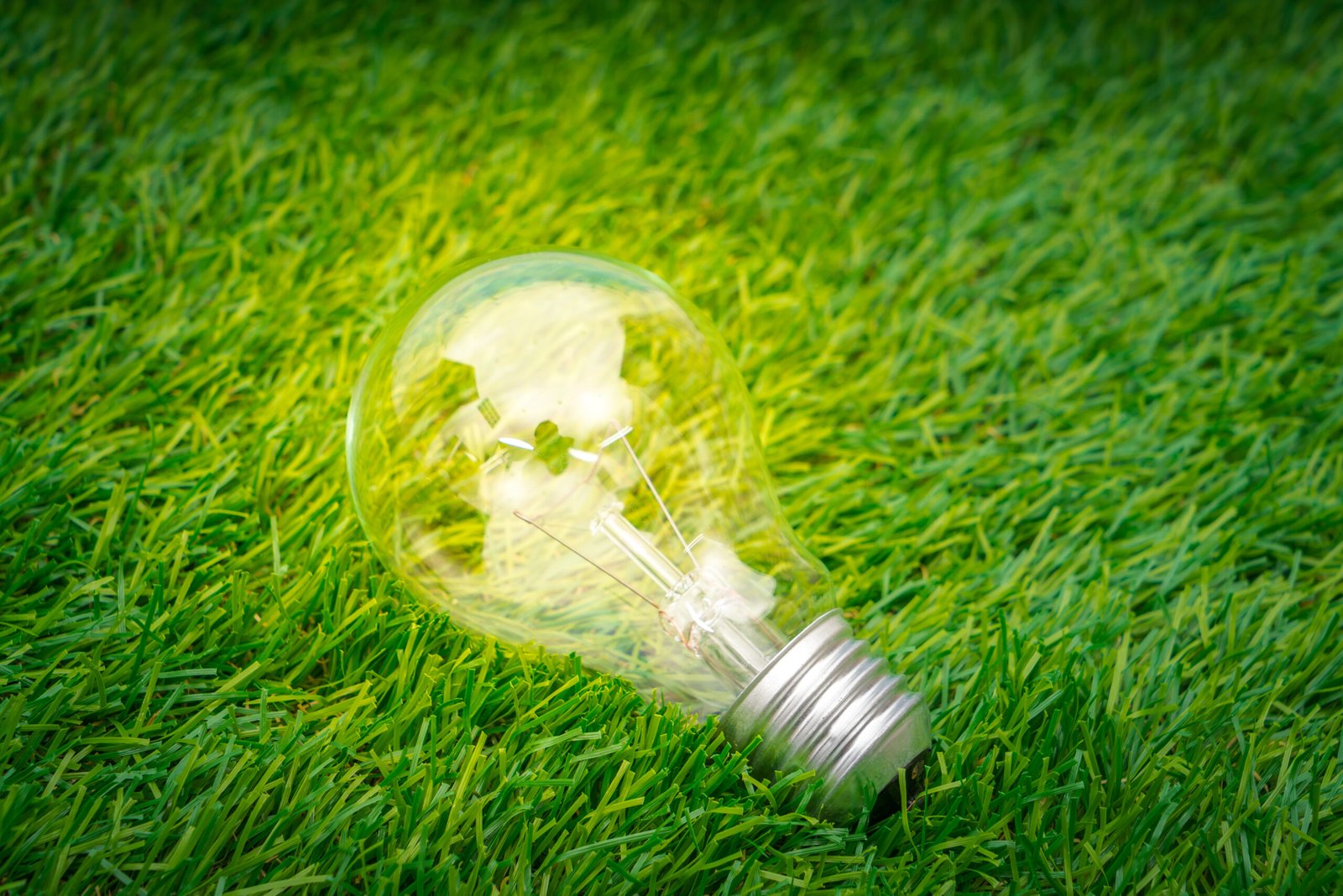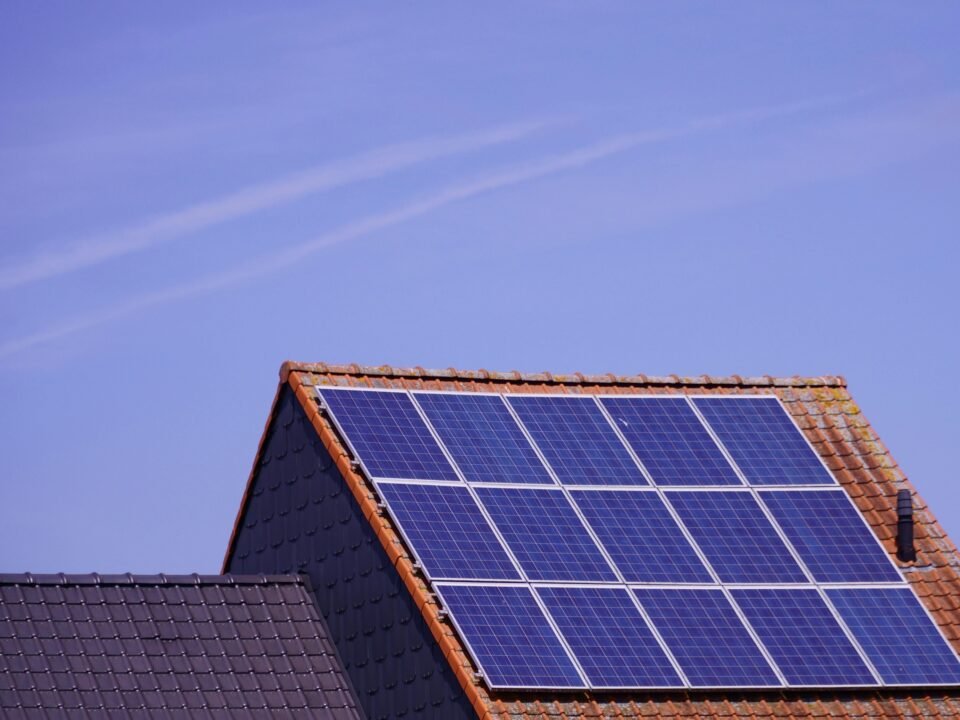In a world increasingly focused on sustainability and climate action, clean electricity has emerged as a powerful solution. While many are aware of its environmental advantages, the full scope of its benefits often goes unnoticed. Clean electricity, derived from renewable sources like solar, wind, hydro, and geothermal, not only helps fight climate change—it can also improve your health, save you money, and even strengthen the economy.
If you’ve been on the fence about making the switch, here are 10 surprising benefits of switching to clean electricity today that might just convince you.
1. Dramatic Reduction in Greenhouse Gas Emissions
The most well-known benefit of clean electricity is its low carbon footprint. Unlike fossil fuels, clean energy sources don’t emit large amounts of carbon dioxide (CO₂) or methane, the two main culprits behind global warming. Switching to clean electricity means significantly reducing your home or business’s contribution to climate change.
Every kilowatt-hour (kWh) of clean electricity used instead of coal or natural gas helps cut emissions and brings us closer to global climate goals.
2. Improved Air Quality and Public Health
Clean electricity doesn’t just benefit the planet—it also makes the air you breathe safer. Fossil fuel plants release harmful pollutants like sulfur dioxide, nitrogen oxides, and particulate matter, which can cause asthma, heart disease, and even premature death.
By reducing reliance on dirty power, clean electricity helps reduce pollution and leads to cleaner air and healthier communities. In fact, studies have shown that transitioning to renewable energy could save thousands of lives each year.
3. Lower Energy Bills Over Time
Although the upfront cost of installing clean energy systems like solar panels can be high, they often pay for themselves within a few years through reduced energy bills. Many regions offer net metering programs that allow you to sell excess electricity back to the grid, further lowering your costs.
Even if you’re not generating your own energy, simply choosing a clean electricity provider can offer stable, long-term pricing that shields you from the volatile costs of fossil fuels.
4. Energy Independence and Security
Relying on fossil fuels often means depending on international supply chains and foreign governments. Clean electricity, on the other hand, can be produced locally and sustainably. This boosts national energy security and reduces the risk of geopolitical conflicts or supply disruptions affecting your access to power.
Communities that invest in renewable energy become more self-sufficient and resilient in the face of disasters or economic downturns.
5. Job Creation and Economic Growth
The clean energy industry is one of the fastest-growing sectors in the world. According to the International Renewable Energy Agency (IRENA), renewable energy supports millions of jobs globally—and that number is rising every year.
Switching to clean electricity stimulates local economies, creates skilled jobs in engineering, construction, and maintenance, and offers long-term employment opportunities in a sustainable field.
6. Increased Property Value
Homes and businesses powered by clean electricity, especially those with solar panels or energy-efficient upgrades, are often more attractive to buyers. Studies have found that solar-powered homes can sell faster and at higher prices than comparable homes without solar installations.
Clean energy investments signal long-term savings and environmental responsibility, which are increasingly important to modern buyers.
7. Silent and Low-Maintenance Operation
Unlike noisy fossil fuel generators, most clean electricity systems—like solar panels and wind turbines—operate quietly and require minimal upkeep. Solar panels, for example, have no moving parts and can last 25–30 years with little maintenance.
This makes them ideal for residential areas and urban settings, where noise pollution and ongoing maintenance costs can be significant concerns.
8. Boost to Technological Innovation
As more people and businesses switch to clean electricity, it drives investment in energy technologies, accelerating innovation in storage, smart grids, and energy efficiency. This leads to more accessible, reliable, and advanced solutions that benefit everyone.
For example, breakthroughs in battery storage allow clean electricity to be used even when the sun isn’t shining or the wind isn’t blowing—making it a more consistent and dependable power source.
9. Support for Climate Resilience and Adaptation
Clean electricity plays a critical role in building climate-resilient infrastructure. Distributed renewable energy systems can continue operating during grid outages or extreme weather, reducing the risk of blackouts and ensuring emergency services remain powered.
Communities powered by clean electricity are better equipped to withstand and recover from natural disasters, making them safer and more resilient overall.
10. Positive Impact on Future Generations
By making the switch to clean electricity today, you’re investing in a healthier, more sustainable future for generations to come. Reducing emissions, improving air quality, and supporting green jobs all contribute to a livable planet for your children and grandchildren.
Choosing clean electricity is one of the most impactful ways you can contribute to long-term environmental stewardship and climate justice.
Final Thoughts
Switching to clean electricity isn’t just a trend—it’s a critical step toward a better world. From economic savings and job creation to public health and environmental protection, the benefits go far beyond what most people imagine.
Whether you’re a homeowner, a business owner, or simply someone who wants to make a difference, now is the time to embrace clean electricity. It’s a change that pays off—not just in dollars, but in lives, communities, and the future of our planet.



